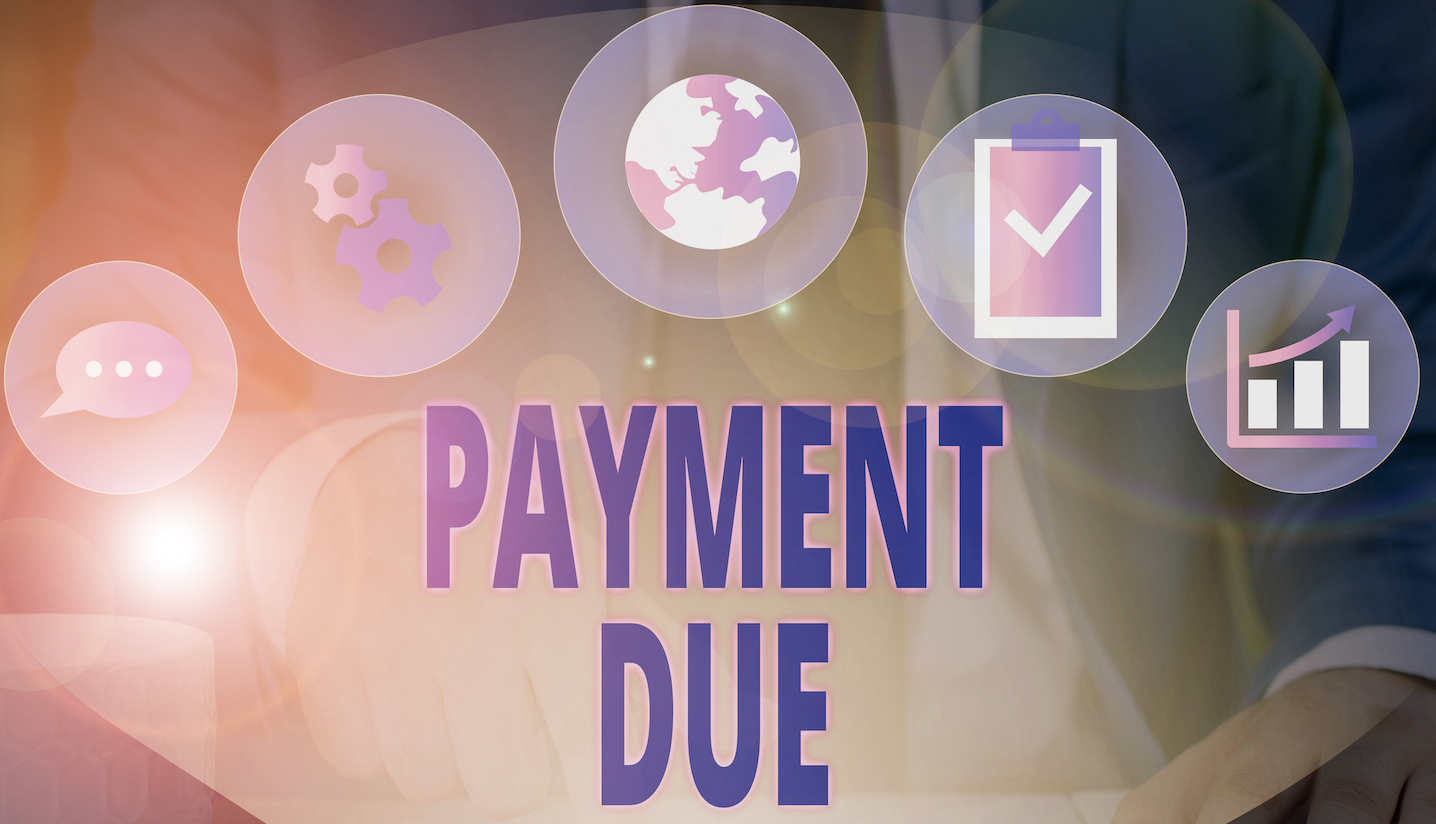Late Payment – take a leaf out of the Chancellors book
Late payment remains a challenging issue for the UK’s small and medium sized businesses. It can be daunting tackling important customers about overdue payments but if ignored it can significantly impact cashflow and ultimately impact the overall health of your firm.
The business landscape has experienced challenging times in recent years – Brexit, The Covid Pandemic, the Ukraine war, and inflationary pressures, so it is no surprise that firms are looking after their cash reserves. Latest research found that the length of time taken for invoices to be paid has reached a 5-year high. On average, invoices are being paid in 54.1 days, up 7% on the previous year. This means that firms are waiting nearly eight weeks to be paid.
The problem for SMEs isn’t just the slow pace at which invoices get settled, but the amount of capital that’s tied up in late invoice payments. Research by analysts Dun & Bradstreet has found that the average SME in the UK is owed £147,141 in late payments. In 2022 that figure was just over £130,000 while as recently as 2017 it was just under £64,000.
Suppliers are bank rolling their customers to the detriment of their cashflow and their firms health. Legislation introduced in the form of the Late Payment Act has arguably not made a difference as small firms are reticent to charge large customers interest on late payments whilst larger firms just responded by lengthening payment terms to avoid possible interest charges. As a result, the late payment issue is getting worse.
Late payment is a business culture that needs to change. The Chancellor in his recent Autumn Statement, is perhaps going one step further by announcing that from April 2024, firms bidding for government contracts over £5 million will have to demonstrate that they pay their own invoices within an average of 55 days, tightening to 45 days in April 2025 and then 30 days in future years. Rewarding prompt payers with orders will go some way to changing poor behaviour.
However, SMEs can find themselves unable to influence this culture as they prioritise retaining customers ahead of getting paid on time. Pulse Cashflow have produced the following action plan that SMEs should follow to give themselves the best chance to getting paid on time and minimise the impact of late payment on their firms.
1. Set clear expectations upfront
Receiving an order from a customer is great news but ensuring that customers pay you should also be high on the agenda. Making sure they are aware of your payment terms and conditions at point of order is critical. Add your terms to any order documentation distributed to the customer so you are transparent from the outset.
2. Credit Checks and Ratings
If a customer has bad credit or a County Court Judgment (CCJ) against them, they are possibly at a higher risk of non-payment, as opposed to a business that doesn’t have any. Running a credit check will allow you to make an informed decision on how you rate their creditworthiness. Firms like Credit Safe, Experian or Equifax can run these checks for you.
These checks will then enable you to set a credit limit – the maximum amount of credit that you are happy to provide to this customer. It should be the amount you are happy to lose if the customer were unable to pay.
3. Invoice on time
It sounds obvious, but many business owners fail to invoice promptly instead focussing on pursuing and delivering orders instead. Firms should ensure they have set up robust processes which ensure that once the goods/services are delivered, an invoice is raised and sent to the customer immediately. Sending a copy to your contact and to the accounts department can also be a sensible thing to do.
4. Invoice Correctly
Ensure that your invoice includes all the information below to ensure there are no issues preventing payment:
- Name of the customer you are trading with (The exact correct name)
- The customers business address
- Order number or reference
- The description of the order/service/product
- Invoice date
- Price of goods or services
- Vat Number, amount, and rate (if applicable)
- Total amount payable
- Your bank details
- Your payment terms
5. Check receipt and verify
If you were sending something important you would check it had arrived, wouldn’t you? So, ring your customer up and check they have received the invoice and verify that they are happy with it and that there are no issues. Identifying a problem early on can speed up payment in the long run.
6. Prompt them when payment is due
Sending a statement to remind the firm that they have an invoice(s) outstanding and when payment is due will help the process remain on track and will serve as a reminder that payment is due soon.
7. Provide multiple ways to pay
Ensure that you have clearly laid out on invoices and statements how your customer is to pay you. Providing multiple ways and in a clear manner will help you get paid on time. Don’t assume every customer can pay electronically.
8. Follow up on Late Payment
Don’t let late payment go unnoticed. Chase overdue payments with a phone call to clarify what the situation is and if there is an issue. If there is an issue you need to ascertain what it is and resolve it asap. Use this opportunity to remind them that your Terms and conditions mean that you can charge interest on late payments.
9. Send a ‘Late Payment Demand’ if you aren’t paid on time
If you have not received payment by the date the invoice falls due, you should issue a “Late Payment Demand” (LPD). Late Payment Demands (LPD) show the late payment compensation and interest on the debt at the pre-action stage. This makes it clear to the customer the costs they will face, in addition to the debt, if they don’t pay up.
Remember – being tough this time might correct your customers behaviour. Businesses need to adopt a robust approach to recovering debts and that means understanding all the tools available to them. As the business climate improves, it is important that invoices are paid on time. Without a strong cash flow, it can be hard for a business to reinvest and grow in the future.



